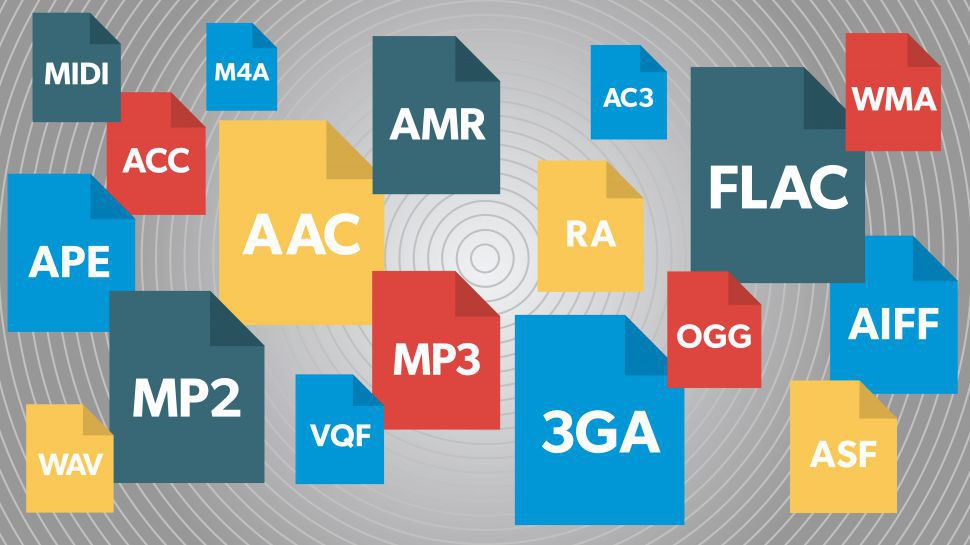Just taking your current "kit" into consideration - amp, DAC, speakers, at full RRP is around £1500, agreed? So you've spent an additional 21% of this on cables, (£320), that's almost the price of your DAC.Interesting you've brought that up I was trying to work it out the other day. I think it's about £320, which I admit is quite a lot when my hardware costs south of £2k. As you know, I have tried some "kit" changes as you put it, Arcam and Naim amp try outs plus a couple of speaker trials around the £1k area, but nothing has really floated my boat. So it's really been a case of fine-tuning what I've got.
My cable spend is 3.33%, the cables are aftermarket so hopefully professionally terminated and are of sufficient gauge... but the most appealing feature is the colour of the sleeving 🙂


